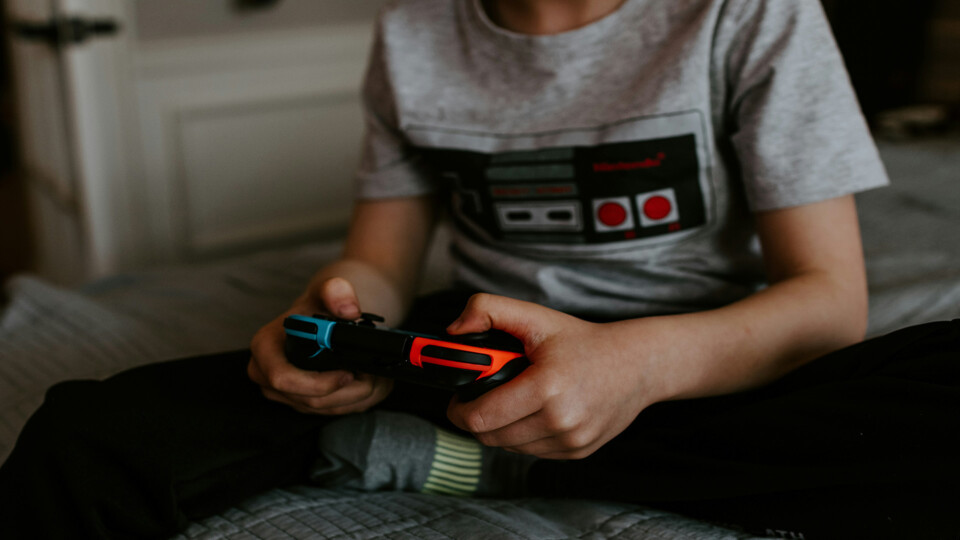Call for video games to adopt a ‘positive PEGI’ system after new research uncovers self-care benefits of gaming
Academics from York St John University have published a groundbreaking new study on the positive effects of video games in helping young people manage loss. Dr Matthew Spokes, Dr Jack Denham, Matt Coward-Gibbs and Caitlin Veal from the investigate.games research group have explored how adapting grief models can shed light on the processing and understanding of various types of loss.
Their publication, I wasn’t me, grieving in my room. I was Spiderman: gaming, loss and self-care following COVID-19, presents compelling evidence supporting the potential of gaming as a tool for self-care.
The research group’s work challenges the perception of video games solely as a form of entertainment and they believe positive benefits should be clearly defined with an official system. PEGI, short for Pan-European Game Information, is a content rating system which currently focuses on potential harms and suitability for different ages. The researchers are now developing a voluntary games industry charter or ‘positive PEGI’, underpinned by their research, that recognises the benefits of games, enabling consumers to make better informed choices.
By examining video games as a form of self-care, the study explores both the positive and problematic encounters gamers experience in terms of immersion and escapism. It looks at different kinds of loss young people experienced during the pandemic, such as bereavement, social opportunities, and employment.
Drawing on the ‘dual process model’ of grief (DPM), the paper uses data from a survey of 450 young people who identify as regular gamers, as well as 20 semi-structured follow-up interviews.
The researchers argue that self-reported responses to gaming serve as a means of moving between ‘loss’ and ‘restoration’ in the DPM. They found that playing video games and the subsequent rationalisation of this activity are useful coping mechanisms for young people, providing an opportunity for meaning-making while grieving. The study’s main contribution is to demonstrate how video games can and should be considered as a catalyst for grief management.

Lead author Dr Matthew Spokes, Associate Professor: Social Sciences at York St John University and Co-Director of investigate.games said:
“Our work opens up new avenues for understanding the positive impact of video games on mental health and wellbeing. As the gaming industry continues to evolve, it is crucial to recognise and harness the potential of video games as a valuable resource for self-care and grief management.
We feel the development of a voluntary industry charter, co-developed with developers and gamers, would help underline the positive aspects of play rather than focusing so strongly on sensationalist stories that routinely feature in the media. As with any form of popular media, there can be problems, but there’s definitely more work to be done to highlight the benefits of engaging with video games as a key cultural export.”
Read the study ‘I wasn’t me, grieving in my room. I was Spiderman’: gaming, loss and self-care following COVID-19 in the journal Mortality (Promoting the interdisciplinary study of death and dying)

